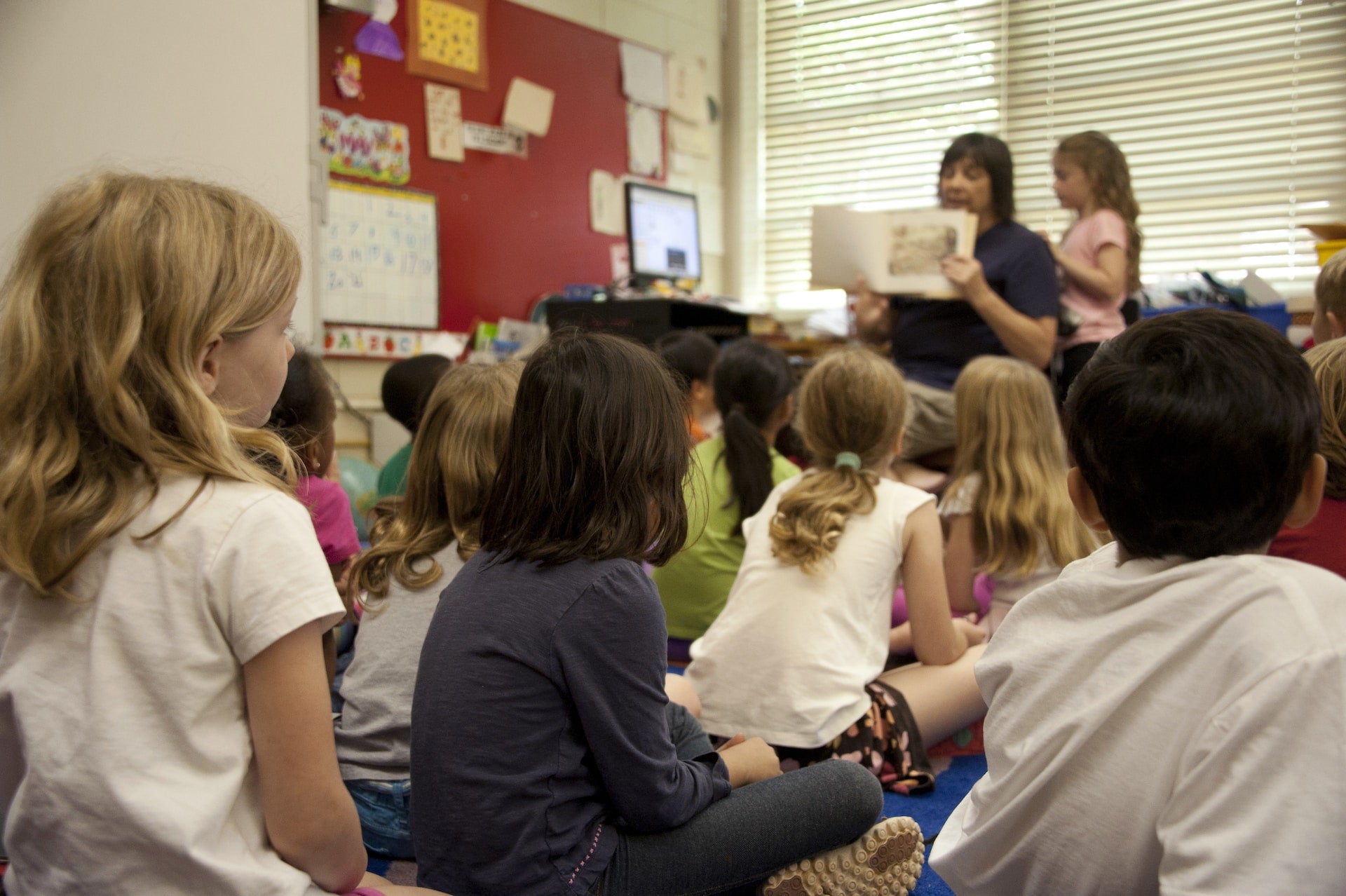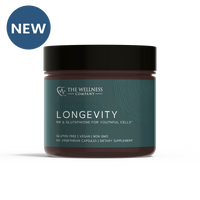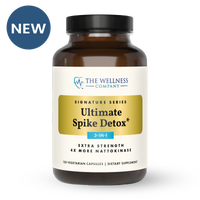Building Immunity for the School Year: Tactics to Keep Your Child Healthy

As the school bell rings in a fresh academic year, children not only dive into new learning experiences, but also enter a world teeming with germs. As parents, our role in supporting our children's immune health is crucial. Here's a science-backed guide to fortifying immunity which puts you in control of your child’s health.
1. The Power of Hand Hygiene
This one might sound like a no-brainer, but it’s a point worth reiterating regardless. Take the time to teach your children proper hand washing techniques. Regular hand washing - with good old-fashioned soap and water - has been shown to reduce the spread of gastrointestinal and respiratory infections by as much as 44%.
According to one meta-analysis of 30 studies, the type of soap doesn’t have to be anything special. Research has found no difference in infection rates between antibacterial soaps and regular old soap and water. In fact, research has shown antibacterial soaps might be harmful, with some studies finding that children exposed to the active ingredient in antibacterial soap, triclosan, are at a higher risk of developing peanut allergies and hay fever. Some animal studies also suggest antibacterial soaps might disrupt our hormones.
2. Sleep: Nature’s Immune Booster
A well-rested child is better equipped to fight off infections. In fact, according to one study, people sleeping less than 7 hours per night were nearly three times more likely to be infected by the common cold than people sleeping 8 hours or more.
Sleep is not only a time for physical growth, but a period of time when our immune system goes into overdrive, combatting any bugs that have started to brew. Research has linked sufficient sleep to the proper functioning of a whole array of different immune cells. Establishing a consistent bedtime routine to promote quality sleep is absolutely crucial for immune health.
3. Fueling Immunity Through Diet
To function at their best, our immune systems require certain essential vitamins and minerals. Thus, a diet centered around unprocessed, whole foods, rich in vitamins and minerals is another way to support overall immune health. Nutrients like Vitamin C and Zinc play vital roles in immune function, so be sure to include a variety of fruits and vegetables in your child’s diet to ensure their immune system is getting what it needs.
4.
Move, Play, Defend: Exercise’s Role in Immunity
There is overwhelming evidence for the fact that a healthy dose of exercise bolsters the immune system. Despite our growing understanding of the importance of exercise, our culture is less active than ever. When it comes specifically to adolescents, the situation is dire: data show that during the COVID-19 pandemic, only 8.9% of teens met the Physical Activity Guidelines for Americans. Whatever you can do to promote exercise, do it. Whether it takes the form of family time out in nature, a formal activity like a sport, or just encouraging your kids to get out and play with friends after school, an active child is a healthy child.
5. Supplementing the Natural Way
While the strategies above are critical for ensuring optimal immunity, sometimes life gets in the way of our best efforts to cook nutritious meals, ensure a good bedtime routine, and all the rest of it. That’s why The Wellness Company developed its Immune Boost Formula and Immune Support Elderberry Gummies. These natural supplements, which are chock full of vitamins, minerals, and antioxidants, are designed to fortify your body’s immune defenses. Speak to a healthcare professional, such as one of our physicians here at TWC, to see if these supplements are right for your child.
The Bottom Line
As the saying goes, 'an ounce of prevention is worth a pound of cure.' By arming our children with a robust immune system, we're setting them up for success throughout the school year and beyond. Emphasizing hand hygiene, sleep, nutrition, and exercise doesn't just protect them from germs; it creates a foundation for lifelong well-being. Be proactive, be informed, and watch your child thrive.
References
Rabie, T., & Curtis, V. (2006). Handwashing and risk of respiratory infections: a quantitative systematic review. Tropical medicine & international health, 11(3), 258-267.
Aiello, A. E., Coulborn, R. M., Perez, V., & Larson, E. L. (2008). Effect of hand hygiene on infectious disease risk in the community setting: a meta-analysis. American journal of public health, 98(8), 1372-1381.
Sicherer, S. H., & Leung, D. Y. (2013). Advances in allergic skin disease, anaphylaxis, and hypersensitivity reactions to foods, drugs, and insects in 2012. Journal of allergy and Clinical Immunology, 131(1), 55-66.
Rees Clayton, E. M., Todd, M., Dowd, J. B., & Aiello, A. E. (2011). The impact of bisphenol A and triclosan on immune parameters in the US population, NHANES 2003–2006. Environmental health perspectives, 119(3), 390-396.
Zorrilla, L. M., Gibson, E. K., Jeffay, S. C., Crofton, K. M., Setzer, W. R., Cooper, R. L., & Stoker, T. E. (2009). The effects of triclosan on puberty and thyroid hormones in male Wistar rats. Toxicological Sciences, 107(1), 56-64.
Sleep and immunity: Cohen, S., Doyle, W. J., Alper, C. M., Janicki-Deverts, D., & Turner, R. B. (2009). Sleep habits and susceptibility to the common cold. Archives of internal medicine, 169(1), 62-67.
Nagata, J. M., Cortez, C. A., Dooley, E. E., Iyer, P., Ganson, K. T., & Gabriel, K. P. (2022). Moderate-to-vigorous intensity physical activity among adolescents in the USA during the COVID-19 pandemic. Preventive medicine reports, 25, 101685.














